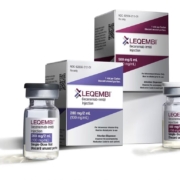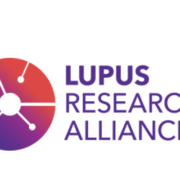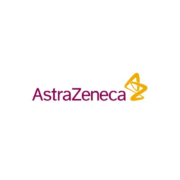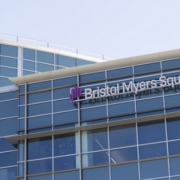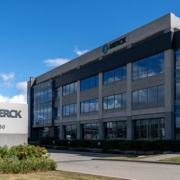Eisai assumes sole responsibility for ADC after collaboration with BMS ends
Published: Jul 01, 2024
By Tristan Manalac
BioSpace
Eisai announced on Monday that Bristol Myers Squibb has ended their global strategic agreement and the Japanese pharma will now exclusively own and be responsible for the investigational antibody-drug conjugate farletuzumab ecteribulin.
With the termination of the collaboration, Eisai will “solely conduct the global development and commercialization” of farletuzumab ecteribulin, which is currently being assessed in a Phase I/II study in solid tumors. The antibody-drug conjugate (ADC) is also in a Phase II trial for ovarian, peritoneal and fallopian tube cancers, as well as a mid-stage study for non-small cell lung cancer.
Eisai will “accelerate” the development of farletuzumab ecteribulin and treat it as a high priority to “deliver it to patients as early as possible,” according to the pharma.
As part of the termination, Eisai will also refund BMS $200 million, which represents the unused portion of the initial R&D funds it received under the original agreement. The Japanese multinational will “record the remaining as other income.”
Eisai and BMS first announced their global collaboration in June 2021, which saw the New Jersey pharma pay $650 million upfront plus the $200 million sum meant to shoulder Eisai’s R&D expenses. Under the deal, Eisai was also eligible for up to $2.45 billion in development, regulatory and commercial milestones.
In return, BMS received the right to jointly develop and commercialize farletuzumab ecteribulin—which at the time was still called MORAb-202—in selected territories including the U.S., Canada, Europe, Japan and China.
The decision to assume sole responsibility for farletuzumab ecteribulin is due to BMS’ “ongoing portfolio prioritization efforts,” according to Eisai’s announcement. In its first quarter 2024 business report, BMS announced that it was launching a sweeping “strategic productivity initiative” aimed at cost savings of $1.5 billion by the end of 2025.
The strategic realignment includes around 2,200 layoffs, optimizing operations and pipeline cuts, though at the time farletuzumab ecteribulin wasn’t among the candidates that the pharma decided to drop.
Farletuzumab ecteribulin is an investigational ADC that uses a humanized IgG1 monoclonal antibody targeting the FRα protein, which is highly expressed in several types of cancers. The ADC’s toxic payload is eribulin, an inhibitor of microtubule dynamics. When released inside cancer cells, eribulin prevents cell division and can trigger cell death.
Eisai’s ADC also exerts a bystander effect on nearby cancer cells, providing an anti-tumor effect on neighboring malignant cells that might not express FRα.
Source: BioSpace


